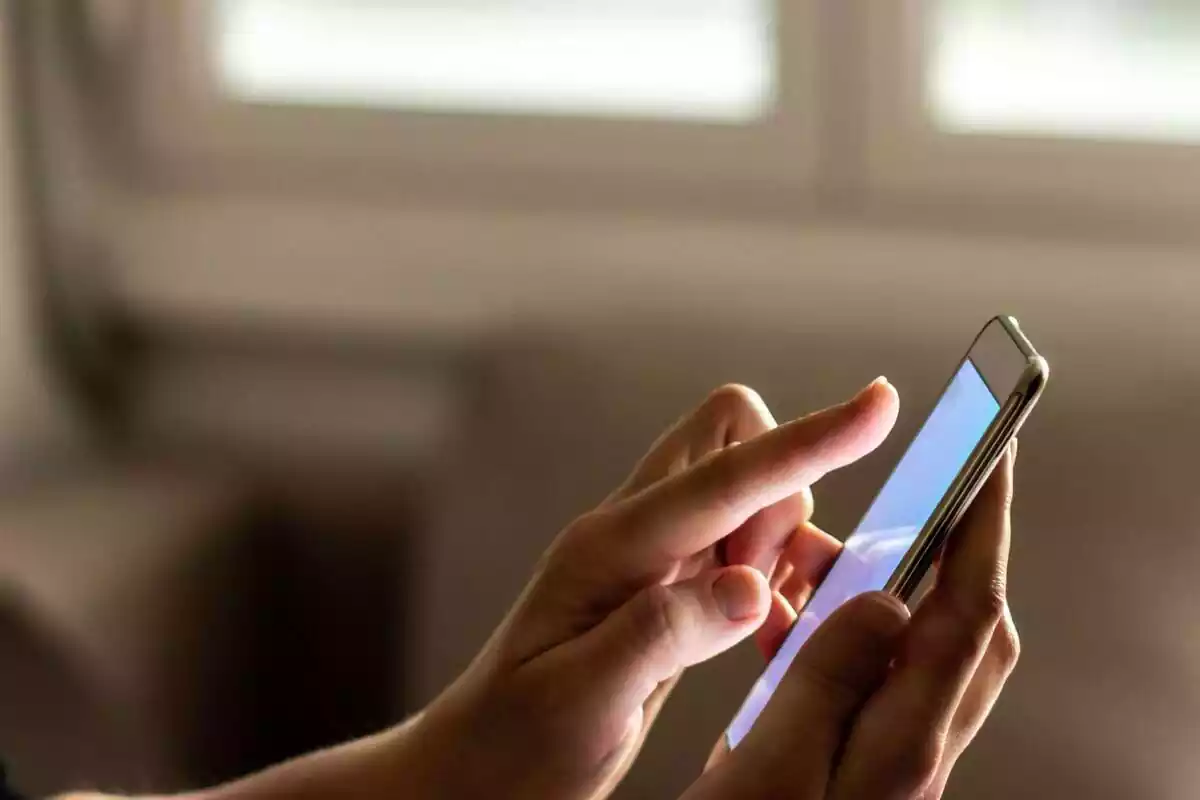Would you dare to completely disconnect from technology for 24 hours? This is the challenge that Dr. Anna Lembke, an addiction expert from Stanford Medicine, presented to society in a recent article. In an increasingly digital world, Lembke suggests a total disconnection to restore mental and emotional balance.
The digital challenge
Today, most people find themselves connected all the time. Whether through phones, computers, or social media, we are in constant interaction with technology. However, Dr. Lembke points out that excessive use of devices can have negative effects on our mental health.

The addiction expert mentions that technology, while useful, activates the brain's reward circuits, which can create a dependency. "The constant need to check social media, emails, and messages affects the way our brain responds," she explains. The result is a feeling of always being connected, which can lead to significant mental exhaustion.
The impact of disconnection
The challenge Lembke proposes is not just a matter of abstaining from technology, but of experiencing the positive effects it can have. We are surrounded by digital stimuli and disconnecting completely, even for a short period of 24 hours, can seem like a difficult task.
However, Dr. Lembke assures that this challenge has clear benefits for our mental health. "By disconnecting, we give our brain a break. It's a way to reset the reward circuits and improve our emotional health," she states. This exercise can also improve sleep quality, reduce stress, and increase concentration.
Why 24 hours?
The 24-hour challenge without devices is not just symbolic. It is an effective way to assess how dependent we have become on technology. Dr. Lembke indicates that, although it may seem simple at first, spending a day without devices can be very difficult for those who have a close relationship with technology.

This exercise aims to promote reflection. It allows us to realize how much control we have over our connection with technology and how it affects our productivity and well-being. "Sometimes we need a push to realize how technology controls us," Lembke adds.
The benefits of disconnecting
When people accept this challenge, many discover how disconnection helps them feel calmer and more present. Dr. Lembke explains that, without the constant invasion of notifications, it is possible to experience greater mental clarity. People also report feeling more productive and focused, since they are not interrupted by digital distractions.
Additionally, disconnection allows for more time to be dedicated to meaningful activities. Reading a book, going for a walk, or simply resting are options that we often set aside because of technology. By eliminating distractions, we can reconnect with ourselves and with those around us.
How to do it
For those who decide to accept the challenge, Dr. Lembke offers some practical tips to ensure the disconnection is successful:
Plan your day: Choose a day when you don't have urgent commitments or important appointments. Make sure you have alternatives to enjoy your time, such as reading, exercising, or spending time outdoors.
Inform others: Let friends and family know that you'll be disconnected so they won't worry.
Do it in a technology-free environment: Organize your space so you don't have easy access to electronic devices.
Do it with a friend: If you feel it will be difficult, share the challenge with someone close. Mutual motivation can help keep the commitment.

